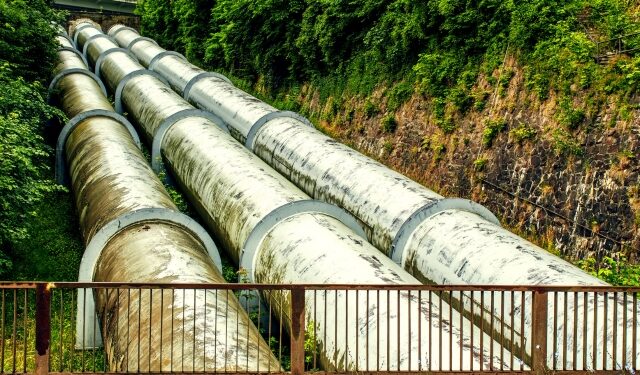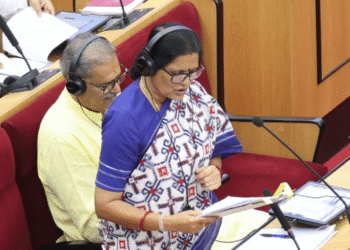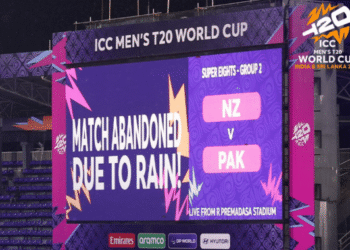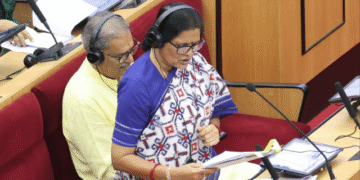Taking a giant leap toward a sustainable energy future, the Odisha government today announced the launch of the Pumped Storage Project (PSP) Policy.
Designed to bolster grid stability and support India’s Net Zero ambitions, the policy positions Odisha as a frontrunner in integrating renewable energy through advanced storage solutions.
Pumped Storage Hydro Projects (PSPs) are critical for managing the intermittency of renewable energy sources like solar and wind. By storing surplus energy during low-demand periods and releasing it during peak hours, PSPs ensure a steady, reliable power supply. They also provide essential grid services such as instant load response, black start capability, spinning reserves, and frequency regulation, making them indispensable for a low-carbon power system.
Under the new policy, Odisha’s state-owned GRIDCO will serve as the nodal agency, overseeing the allocation of both self-identified and state-identified PSP sites. The government has identified 45 potential sites, details of which are now available on GRIDCO’s official web portal. The policy adopts a Build-Own-Operate-Transfer (BOOT) model with a 40-year concession period, extendable by an additional 30 years. After the concession period, projects will be transferred to the state government, except for captive PSPs, which will retain their Captive Generating Plant (CGP) status.
Deputy Chief Minister and Energy Minister Kanak Vardhan Singh Deo hailed the policy as a game-changer. “This policy is a vital step toward achieving grid stability and our Net Zero goals. With streamlined execution and faster approvals, Odisha is poised to scale up PSP capacity rapidly, paving the way for a resilient and renewable-powered future,” he said.
The PSP Policy offers a suite of incentives to attract developers. Projects will benefit from exemptions such as no electricity duty or cross-subsidy surcharge on input energy, no water cess for non-consumptive use, and no obligations to provide free power or contribute to the Local Area Development Fund (LADF). Developers sourcing energy from in-state renewables can access full renewable energy incentives, while those sourcing from outside Odisha face no penalties. Additionally, projects are eligible for central budgetary support, though those availing Industrial Promotion Resolution (IPR) incentives cannot claim benefits under this policy or the Odisha Renewable Energy Policy (OREP-22).
Odisha’s proactive approach aligns with India’s broader energy transition goals. By fostering the development of PSPs, the state is not only addressing the challenges of renewable energy integration but also creating a robust framework for sustainable growth. As Deputy Chief Minister Singh Deo emphasised, “This policy marks a decisive step toward climate-conscious development and a renewable-powered future.”
With its forward-thinking PSP Policy, Odisha is setting a benchmark for other states, reinforcing its commitment to a cleaner, greener, and more resilient energy ecosystem.






























